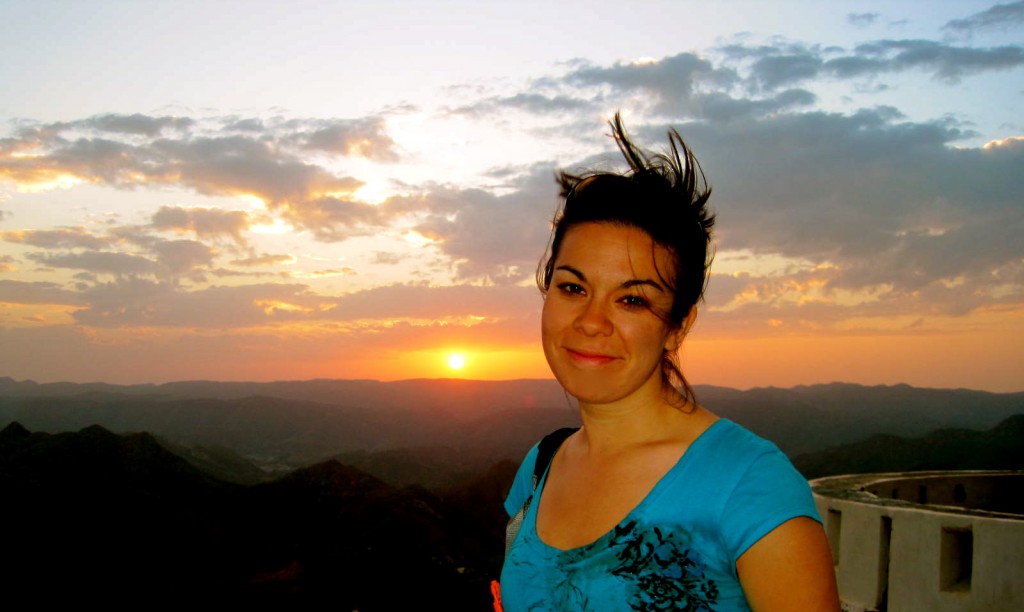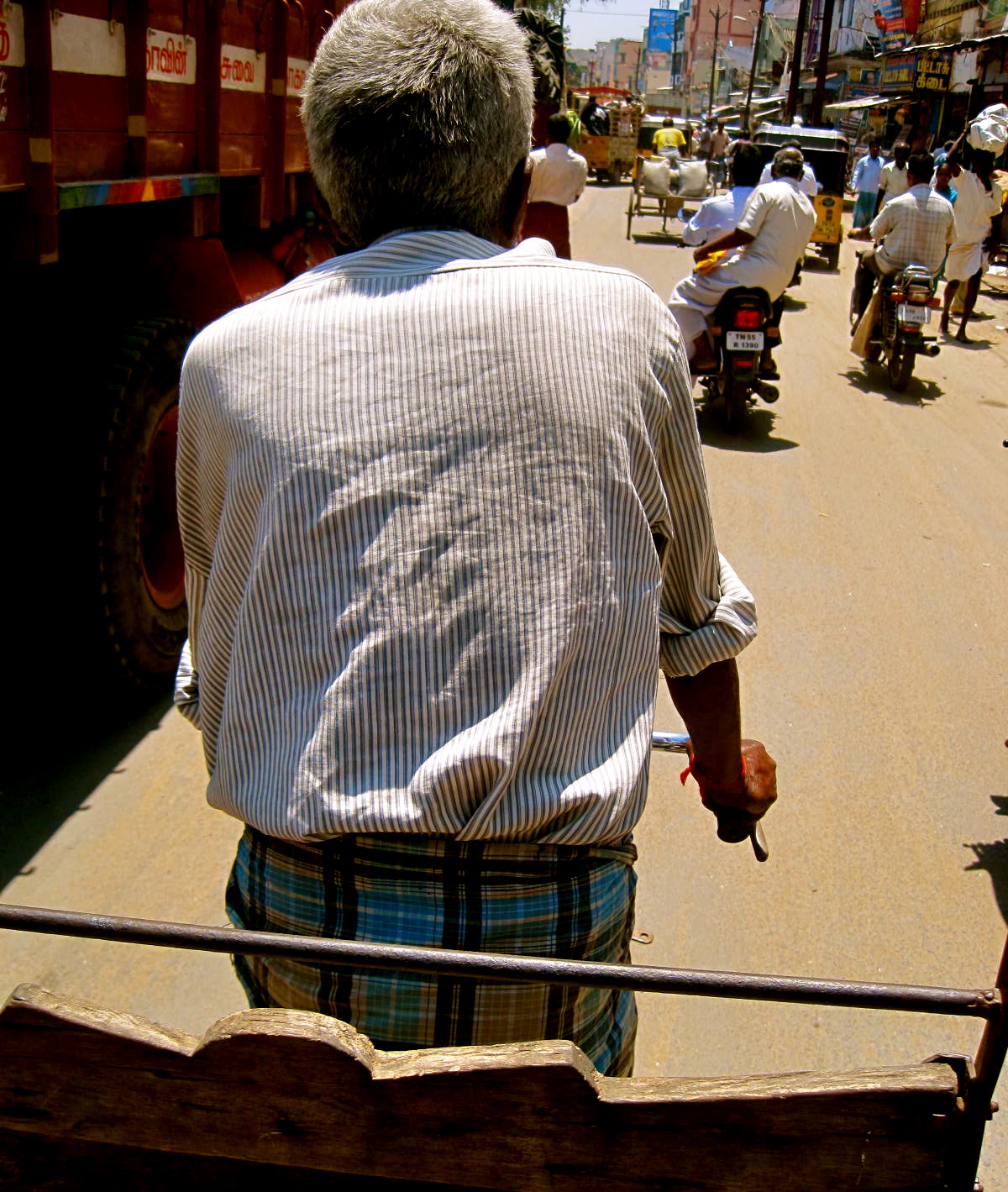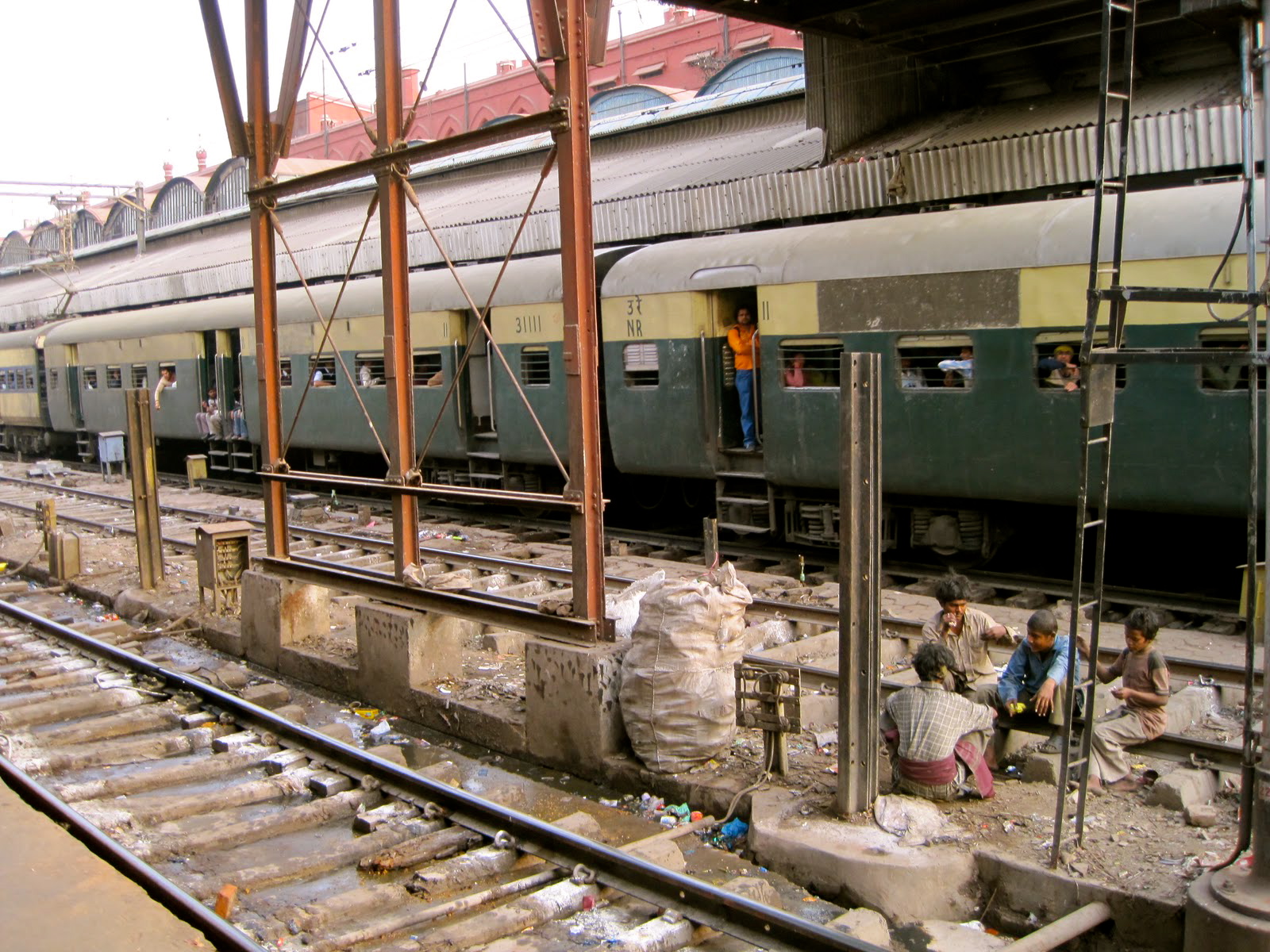
Welcome to Pivotal Places.
I’m Lori, a former Army captain who loves to travel, swim/bike/run, take photographs, watch documentaries, and eat ethnic food. I work in the public health field and live in Minneapolis, Minnesota.
I first conceived of this website two years ago on a bike ride near Minneapolis (though, at the time, I couldn’t articulate what it was exactly going to be about). On the day that Pivotal Places was born, it was 90-something degrees outside, I was knocking out a 40-miler, Tim McGraw’s “Live Like You were Dying” was on repeat in my head. And I was dreaming big dreams.
I’ll start with big dreams.
It’s funny but, two years ago, I took my ability to dream big dreams — like having my own website — for granted. That naivete doesn’t make sense, really, because by that point I’d deployed to Afghanistan with the Army, and I’d also backpacked through several developing countries where I’d seen poverty, real poverty, the kind of poverty that made my own experiences (e.g., living on 15K per year as a grad student) seem easy.
 Note the bowl for donations. I encountered these three kids on the streets of Pushkar, India, in February 2011. It’s the middle of the day, they should have been in school, but they were supporting their family by dancing for donations.
Note the bowl for donations. I encountered these three kids on the streets of Pushkar, India, in February 2011. It’s the middle of the day, they should have been in school, but they were supporting their family by dancing for donations.
But even though I took my ability to dream big dreams for granted, my travels had made an impact. It’s fair to say that the wheels were beginning to turn long before that bike ride.
So, more on that wheel-turning…
Before my travels, I used to believe that anyone, anywhere in the world, could dream a dream and — if they put in enough effort — they could make it happen. But now I realize it’s not so black and white. And that, oftentimes, the very ability to dream — to self-actualize — is indicative of privilege.
 Met this cycle rickshaw driver in Madurai, India, in March 2011. He transported me and my friend for an hour — in high heat and humidity — through Madurai for 30 rupees (equivalent to $0.51 USD as of June 2014). In 2014, the average annual gross salary in India is $1530 USD.
Met this cycle rickshaw driver in Madurai, India, in March 2011. He transported me and my friend for an hour — in high heat and humidity — through Madurai for 30 rupees (equivalent to $0.51 USD as of June 2014). In 2014, the average annual gross salary in India is $1530 USD.
In Maslow’s Hierarchy of Needs, self-actualization is at the top of the pyramid. It’s not necessarily a thing that is possible, that a person will even desire, until the needs below it — physiological, safety, love/belonging, and esteem — are met. In other words, it’s unlikely that I would have conceived of starting my own website if I had lacked food or a place to live.
But the realization that self-actualization is a privilege that is foreign to many people on the fringes of society was not the only realization to prompt Pivotal Places.
It was also the realization that my external world was just as fascinating as my internal world and worth writing about.
I’m an introvert. I live in my head and I can spend days alone with books. Even though I’ve identified as a writer for most of my life, it was not until this year that I’ve felt compelled to write about places outside of myself, to tell other peoples’ stories.
 Four boys sniffing glue on a train track in Delhi, India, in February 2011.
Four boys sniffing glue on a train track in Delhi, India, in February 2011.
For the past 13 years, I’ve worked in public service, first as a West Point cadet and an active duty Army officer and, most recently, as a health care program coordinator at the local government level.
I now believe that writing about places — that writing about the people within places, especially the people on the fringes of society who may be struggling to survive, for whom self-actualization may be less likely — is not only fascinating (a form of “travel,” I suppose) but is also a form of public service, a way to break barriers and promote understanding.
In looking back at our lives, we all have places (literal or figurative) that we identify as “pivotal.” Places that altered — or started the progression toward altering — our perception of the world.
I’m interested in traveling to these pivotal places — many of which exist in my own hometown, blocks away from my apartment — and meeting the people who live or gather there, in challenging my preconceived beliefs, and in writing about my experiences with the most honesty that I can muster.
And hence, Pivotal Places.
Thank you for reading.

5 Responses to “Pivotal Places”
Carolyn
Very profound. Individuals can watch their dreams die. Many people are born into poverty and their chances are much more difficult. Some people are born into highly dysfunctional families and have no support system and their chances are also more difficult. Very thought provoking!
lmimsdahl@gmail.com
Thanks Carolyn. It took me a long time to realize that I grew up in a sheltered, suburban bubble. Travel helped me make that realization and move outside that bubble a bit. It opened my eyes to many things — namely that nothing in the world is black and white. Just grey.
Carmen Speer
Lori Lori Lori Lori Lori! You are doing it! I knew you would. I remember you used to say “what will I write about when I’ve exhausted my stories” (as if there were such a thing anyway)? Remember? And I said, “Do a piece on some local fringe group or marginal population that never occurred to you before (like cover band groupies or some other little-known-about subculture of people–what makes them tick?). But of course for you it was always poverty: the truly marginalized. The people who do not choose their marginalization. Travel–especially outside of our creature comforts, third-world travel, away from the tourist track–is always about confronting ourselves first (and our own privilege, which can be truly unnerving, the way it is deeply unsettling when you sense there has always been something skewed about your view of the world) and, after that, it is about finding and truly seeing other people’s stories, with an open eye. Which I think you have always done even if you didn’t know it. I look forward to this blog. Keep it coming!
lmimsdahl@gmail.com
Thanks Carmen. You’ll never know how much our friendship changed the way I view the world. I’ll always treasure those nights in Roanoke where we’d stay up until four in the morning drinking wine and reading poetry to each other and talking about writing and travel and life. You made me a better writer. You made me more curious. You made me dream bigger. I can’t wait until I see you somewhere in the big wide world.
Christopher Sticha
I read the post about St. Stephen’s center. It was great information for a project I am working on for a graduate program at the U of M. Do you have any information about where some of these homeless people keep their tents/shelters? I am doing a photography representation of the conditions of homeless people in MN winters.
Thanks!
Chris